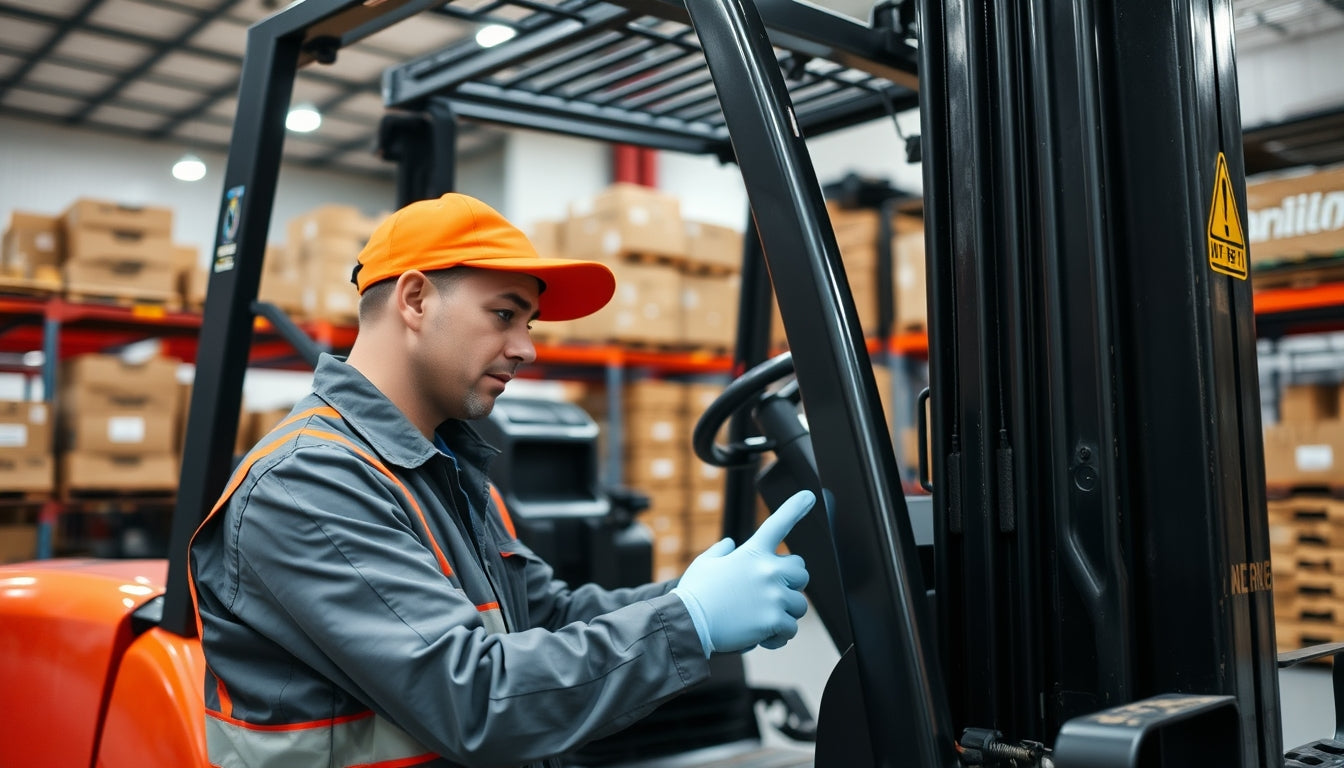Toyota has been hit with a proposed class-action lawsuit in the U.S., accusing the automaker of cheating on emissions tests for its forklift engines. The complaint, filed in San Francisco federal court, claims that Toyota and its affiliate, Toyota Industries, manipulated software and substituted engines during emissions testing, leading to discrepancies between reported and actual performance.
Key Takeaways
- Lawsuit Filed: A class-action lawsuit has been filed against Toyota in San Francisco.
- Allegations: The automaker is accused of emissions cheating in nine forklift engines.
- Internal Probe: An internal investigation revealed software manipulation and engine substitutions.
- Plaintiffs: Companies involved include Broadmoor Lumber & Plywood, Marders, and Ferraro Foods.
- Damages Sought: The lawsuit seeks compensatory and punitive damages, as well as full refunds.
Toyota's troubles began after an internal investigation in January 2024 revealed that the company had made unauthorized software changes and sometimes used different engines during emissions tests. This allowed the forklifts to perform better in testing conditions than they would in real-world scenarios. As a result of these findings, Toyota suspended some forklift sales in Japan in March 2023 due to ongoing emissions concerns.
The lawsuit claims that the misconduct first came to light following inquiries from the U.S. Environmental Protection Agency (EPA). Although the EPA has not yet taken any enforcement action, the plaintiffs argue that Toyota's actions reflect a broader culture of fraud and negligence that undermines emissions certifications across all markets, including the United States.
The plaintiffs in this case are three companies: Broadmoor Lumber & Plywood, a landscaping supply company based in South San Francisco; Marders, a nursery located in Bridgehampton, New York; and Ferraro Foods, a distributor of Italian food in Piscataway, New Jersey. Each plaintiff asserts that they would not have purchased Toyota forklifts had they known the vehicles did not meet emissions standards and would perform worse than advertised.
Allegations Detailed
The lawsuit outlines several key allegations against Toyota:
- Software Manipulation: Changes made to software during emissions tests.
- Engine Substitution: Use of different engines to pass emissions tests.
- Negligence: A culture within Toyota Industries that trivializes compliance with emissions regulations.
- Misleading Performance Claims: Forklifts performing better in tests than in actual use.
The plaintiffs are seeking unspecified compensatory and punitive damages, as well as full refunds for their purchases. They argue that Toyota's internal investigation revealed a troubling mindset within the company, characterized by a "contractor's mentality" and a lack of sensitivity to emissions regulations.
Next Steps
As the case progresses, it will be closely monitored by industry experts and regulatory bodies. The outcome could have significant implications for Toyota, particularly in terms of its reputation and financial liabilities. The case is officially titled Broadmoor Lumber & Plywood Co et al v. Toyota Industries Corp et al, and is filed in the U.S. District Court for the Northern District of California under case number 24-06640.
Toyota has not yet issued a public comment regarding the lawsuit, and the plaintiffs' legal representatives have also refrained from making additional statements at this time. The situation remains fluid, and further developments are expected as the legal proceedings unfold.
Sources
- Toyota cheated on forklift engine emissions, lawsuit in US claims | Reuters, Reuters.
-
US lawsuit filed against Toyota, United States. News story in Forkliftaction News
, Forkliftaction. - Toyota cheated on forklift engine emissions, lawsuit in US claims, ET Auto, ET Auto.
- Toyota sued for alleged emissions cheating in forklift engines - Autonews News, WION.




Leave a comment
This site is protected by hCaptcha and the hCaptcha Privacy Policy and Terms of Service apply.